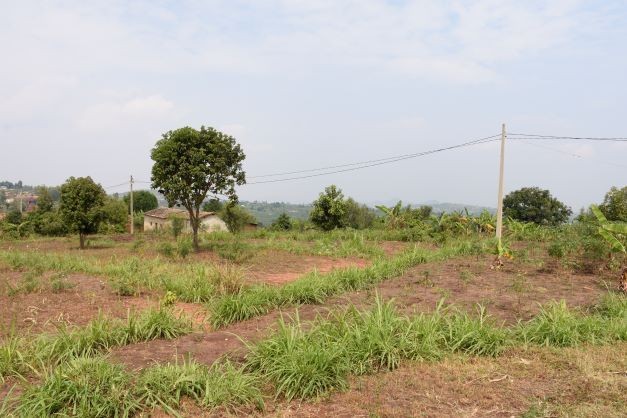Our data informs shape of intervention
Hope of Family chose to operate in Shyogwe Sector due to the urgent need to address critical challenges within the community. Data have revealed an alarming statistic that underscore the pressing issues faced by the residents of Shyogwe Sector.
With 11% of Muhanga District's population residing in Shyogwe Sector, it's evident that the area is home to a significant portion of the district's inhabitants. However, this community grapples with several socio-economic challenges, including inadequate access to education and persistent poverty.
Moreover, despite a commendable 96% attendance rate of children aged 7-17 in primary school, a concerning 95% lack sufficient scholastic materials, hindering their academic performance. This deficiency results in 89% of children arriving late to school and 94% failing to revise their lessons at home, while parental involvement in homework assistance and school visits remains strikingly low (Situational analysis conducted at EP MBARE,2021).
The situation is compounded by economic hardship, with 94% of parents unable to save for the future, and an unemployment rate of 34% among youth in the sector, with 66% lacking a high school diploma. These statistics underscore the urgency of intervention to break the cycle of poverty and educational deprivation.
Hope of Family recognized the imperative to challenge the traditional model of education investment, which neglects the crucial role of the family environment in shaping children's academic success. Hence, the organization's mission of "Reducing Extreme Family Poverty Through Strong and Efficient Children Education" aligns with the identified needs of the community.
By addressing these foundational learning initiatives and fostering stronger family-school partnerships, Hope of Family endeavors to uplift Shyogwe Sector, empowering its residents to break free from the cycle of poverty and unlock a brighter future.

Where We Work
Hope of Family NGO operates primarily in Muhanga district, situated in the southern province of Rwanda. This district is comprised of 12 sectors, housing a total of 63 cells and 331 villages (Imidugudu). Spanning 648 km2, Muhanga accommodates a significant population of 358,433 individuals, as per the 2022 Population census, resulting in a notably high density of 568.63/km2.
The NGO's headquarters is situated in Shyogwe sector, recognized as one of the most densely populated sectors within Muhanga, with a population of 50,966. Through its operations in this area, Hope of Family endeavors to make a meaningful impact on the lives of the local communities, addressing various social and developmental needs.